Anal Cancer
Understanding the Causes of anal cancer:
Nearly all cases of anal cancer are linked to infection with certain strains of the human papillomavirus (HPV). HPV is a common sexually transmitted infection, but some strains carry a higher risk for developing anal cancer.
Risk Factors
Certain factors can increase your risk of anal cancer, including:
- Weakened immune system due to HIV or organ transplant medications
- History of cervical, vaginal, or vulvar cancer
- Receptive anal sex (especially without protection)
- Multiple sexual partners
Symptoms
Anal cancer symptoms can be subtle and easily mistaken for other conditions.
These include symptoms such as:
- Persistent anal itching or bleeding
- Lumps near the anus
- Changes in bowel habits (diarrhea or constipation)
- Pain during bowel movements
Treatment
- Treatment usually involves a combination of chemotherapy and radiation therapy over five to six weeks. When combined these treatments improve the chance of cure.
- You will be referred to a medical and radiation oncologist for treatment.
- Surgery is reserved for those cases that don’t respond to chemoradiotherapy. In this rare circumstance an abdominoperineal (AP) resection will be performed, where the anal canal, rectum and a portion of the large bowel are removed. The remaining portion of your large bowel will be permanently attached to an opening in your abdomen (stoma) through which faeces will collect in a bag on the skin.
Further reading: https://www.healthdirect.gov.au/bowel-cancer

